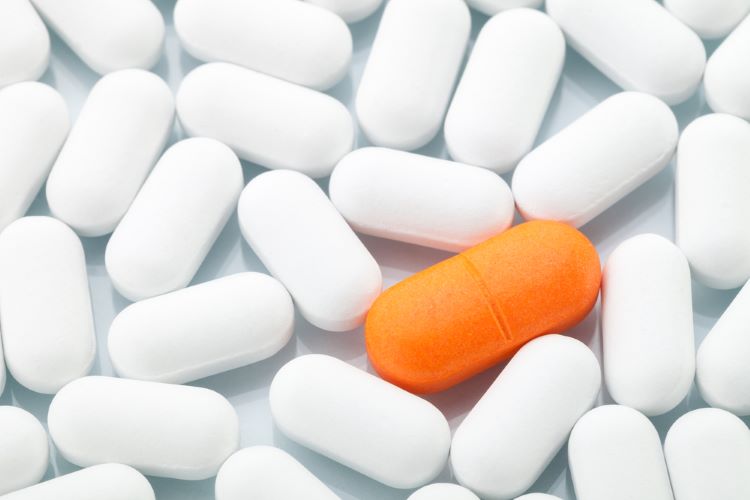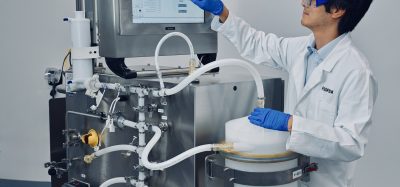Antibiotic demonstrates non-inferiority to a leading gonorrhoea treatment
Posted: 18 April 2024 | Catherine Eckford (European Pharmaceutical Review) | No comments yet
Based on its novel mechanism of action, GSK’s gepotidacin could provide a new oral option for the treatment of gonorrhoea.


New trial results for GSK’s oral gepotidacin, a potential first-in-class oral antibiotic, has shown that it was non-inferior with 92.6 percent success rates in patients with uncomplicated urogenital gonorrhoea (GC).
“These results highlight the potential of gepotidacin as a new oral treatment option given the rising incidence of gonorrhoea worldwide”
In the pivotal EAGLE-1 Phase III trial, comparatively, intramuscular ceftriaxone (500mg) plus oral azithromycin (1,000mg) combined therapy, a leading combination treatment regimen for gonorrhoea, provided success rates of 91.2 percent.
Gepotidacin is an investigational bactericidal, first-in-class triazaacenaphthylene antibiotic that inhibits bacterial DNA replication by a novel mechanism of action, according to GSK.
For most pathogens, the small molecule antibiotic provides well-balanced inhibition of two different Type II topoisomerase enzymes. This means it generates activity against most strains of target uropathogens, (such as E. coli and S. saprophyticus), and N. gonorrhoeae, including isolates resistant to several antibiotics, GSK added.
The new results from EAGLE-1 “highlight the potential of gepotidacin as a new oral treatment option given the rising incidence of gonorrhoea worldwide including drug resistant infections,” Chris Corsico, SVP Development, GSK stated.
More about the EAGLE-1 trial for the antibiotic gepotidacin
The global phase III clinical programme for gepotidacin in adults and adolescents involved three clinical trials. EAGLE-1 (non-inferiority urogenital gonorrhoea trial) compared the efficacy and safety of gepotidacin to ceftriaxone plus azithromycin in uncomplicated urogenital gonorrhoea.
GSK shared that the safety and tolerability profile of gepotidacin in this trial was consistent with data seen in Phase I and II trials.
These results for the antibiotics treatment will be presented at the 2024 European Society of Clinical Microbiology and Infectious Diseases (ESCMID) Global at the end of the month.
Additionally, GSK highlighted that the other trials in the programme: EAGLE-2 and EAGLE-3 (non-inferiority uncomplicated urinary tract infections (uUTI) trials), compared the efficacy and safety of oral gepotidacin (1,500mg administered twice daily for five days) to oral nitrofurantoin (100mg administered twice daily for five days). The company noted that the duration for patients was approximately 28 days in both trials.
Related topics
Big Pharma, Clinical Development, Clinical Trials, Data Analysis, Drug Development, Drug Safety, Industry Insight, Research & Development (R&D), Therapeutics









